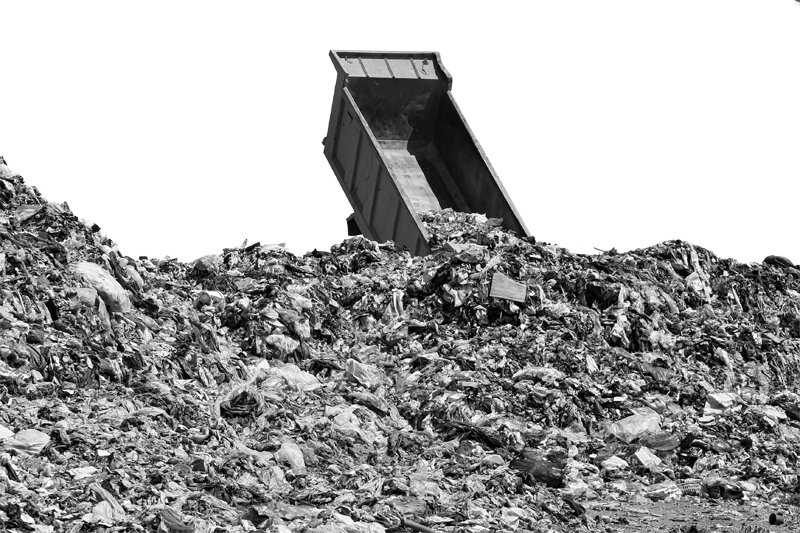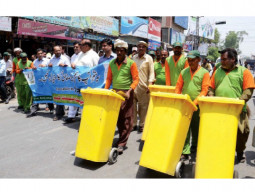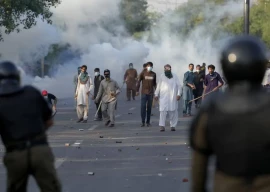
The Capital Development Authority (CDA) has approved the purchase of machinery and vehicles for collection and proper disposal of solid waste.
Two hydraulic refuse packers (garbage compactors), two skips lifting vehicles and four tractors-towed mechanical sweepers will be bought in the first phase.
Permission to purchase the equipment was accorded in line with the CDA’s plan to upgrade sanitation services in Islamabad. CDA Chairman Maroof Afzal approved the purchase after he was briefed about the issue on Tuesday.
The induction of the latest machinery and vehicles will improve sanitation system and ensure better disposal of about 800 tons of solid waste generated daily in the city.
He also directed sanitation directorate for necessary repair and maintenance of existing machinery and vehicles.
The CDA chairman took notice of overflowing garbage trolleys which were not being lifted in timely fashion by the sanitation staff and directed the supervisory staff to ensure the attendance of sweepers at different locations.
CDA records based on the Waste Characterisation Study of 2006, which was last updated by the authority in early 2012, shows that the volume of waste generated within the municipal limits of Islamabad ranges between 750 to 800 tons per day, with an average of 1.896 kilogram to 4.29 kilogram per house.
The waste generated includes municipal, kitchen, green, domestic and commercial waste, building material, and other scrap.
There is substantial variation in the quantum of waste generated in various sectors. Sector G-6 alone generates 82.8 tons of waste per day, while Sector E-8 produces 1.2 tons of waste per day.
The CDA Sanitation Directorate provides sanitation services within its municipal limits, namely Zone-I, which stretches over an area of 54,958 acres. Zone-I has further been divided in three roughly equal zones to properly administer the areas.
Published in The Express Tribune, June 25th, 2014.












































COMMENTS
Comments are moderated and generally will be posted if they are on-topic and not abusive.
For more information, please see our Comments FAQ